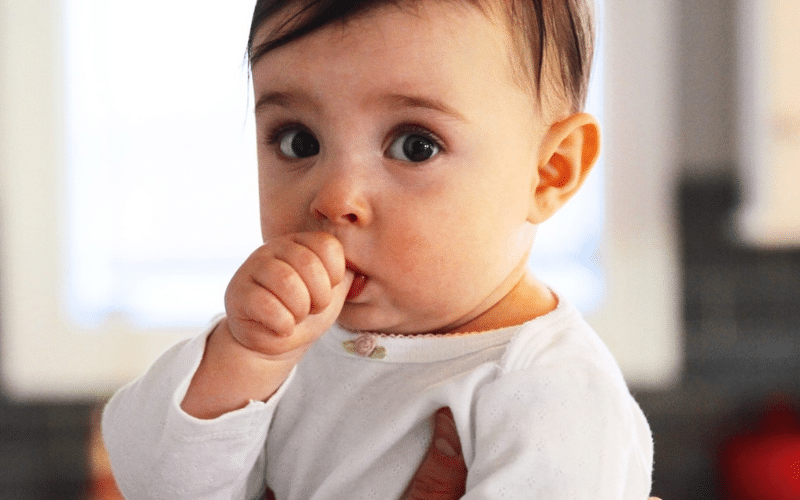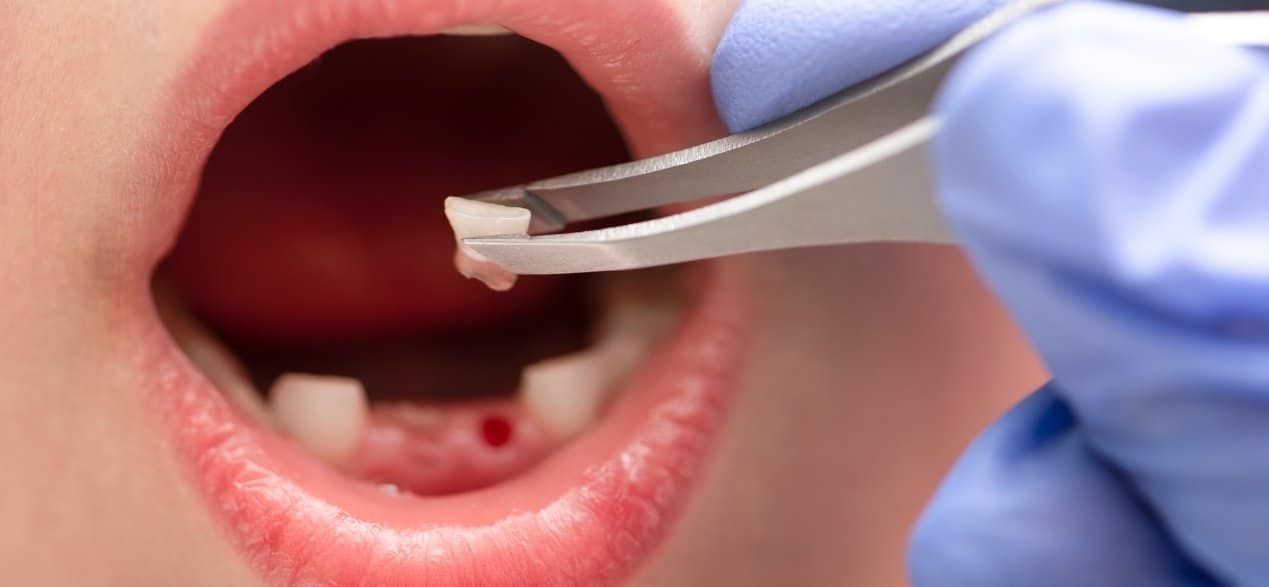Book now

Breaking The Habit: Overcoming Thumb Sucking & Pacifier Use

Breaking The Habit: Overcoming Thumb Sucking & Pacifier Use
Babies and toddlers naturally use pacifiers and thumb sucking as calming techniques. But, long-term use can cause speech impairments, dental concerns, and even social difficulties. When and how to assist their child in breaking these habits can be difficult for many parents, but it can be done successfully with the correct approach.
The Impact of Pacifier Use and Thumb Sucking on Oral Health
Although these behaviors are comforting, they may result in:
- Teeth misalignment: Extended sucking can cause teeth to move forward, resulting in an overbite.
- Jaw and palate changes: Constant pressure can cause the roof of the mouth to alter form.
- Difficulty in speaking: Issues with tongue placement might lead to pronunciation problems.
- More chance of infection: Hand or pacifier germs can cause disease.
When These Habits Should Be Stopped?
To avoid long-term tooth problems, dental professionals advise helping kids stop these habits by the time they are three or four years old. The transfer will go more smoothly the earlier you step in.
Successful Techniques To Do So!
Here are some parent-tested methods to guide your child stop using a pacifier or thumb sucking:
1. Positive Reinforcement
- Acknowledge and celebrate accomplishments rather than penalize failures.
- For every successful day without sucking, make a reward sheet with stickers.
- When they accomplish milestones, give them little rewards (such a new toy or special outing).
If the habit persists beyond age 5, or if your child is showing signs of significant dental or speech issues, it may be time to consult a pediatric dentist in Bradley.
2. Present Other Calming Techniques
- For comfort, provide a plush animal or a warm blanket.
- Take part in relaxing activities such as giving yourself a nice back rub or reading a story before bed.
- Use deep breathing exercises or music to promote self-soothing.
3. Use Gentle Reminders
- If your child unconsciously sucks their thumb, gently remind them with a code word or a light touch.
- Try thumb guards or bitter-tasting nail polish as deterrents (if your child is receptive).
- For pacifier users, gradually reduce usage by limiting it to bedtime only.
4. Make It a Team Effort
- Involve your child in the process by explaining why it’s important to stop.
- Read books or watch videos about other kids who successfully quit.
- Let them choose their own “goodbye ritual” for pacifiers (e.g., donating them to a “Pacifier Fairy”).
According to the American Dental Association, prolonged thumb sucking or pacifier use beyond age 4 can increase the risk of developing dental misalignment by up to 60%. Early intervention can prevent costly orthodontic treatments later on.
So, breaking the habit of thumb sucking and pacifier use may take time, but with patience, encouragement, and the right techniques, it is entirely possible. Start early, use positive reinforcement, and make the process enjoyable for your child.
Need professional guidance? Schedule a visit with our professional kids dentist to ensure their teeth are on the right track.







